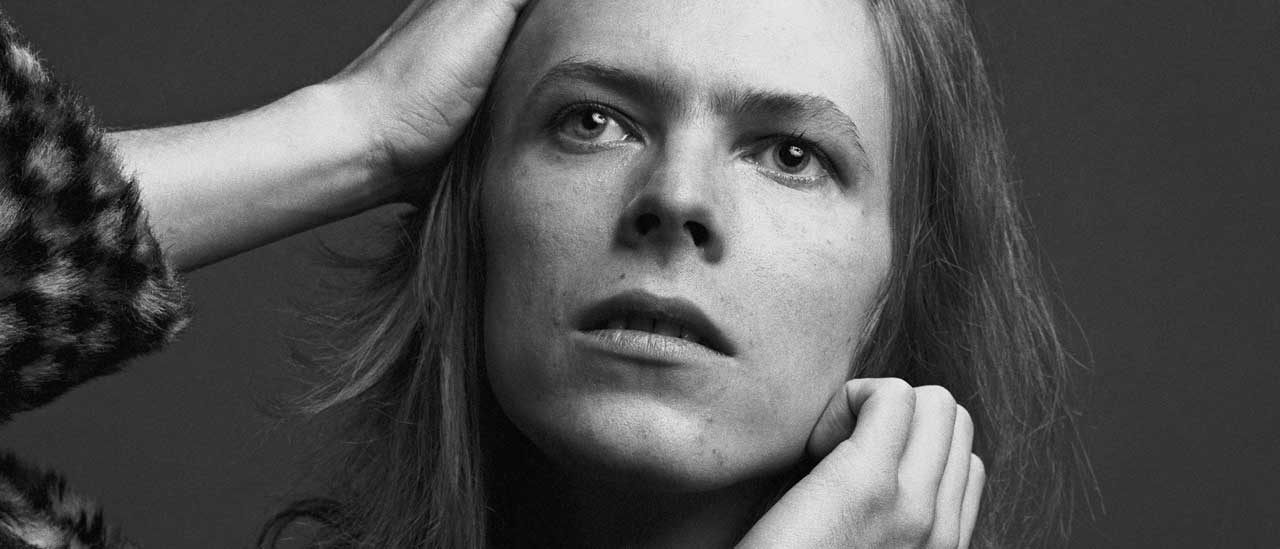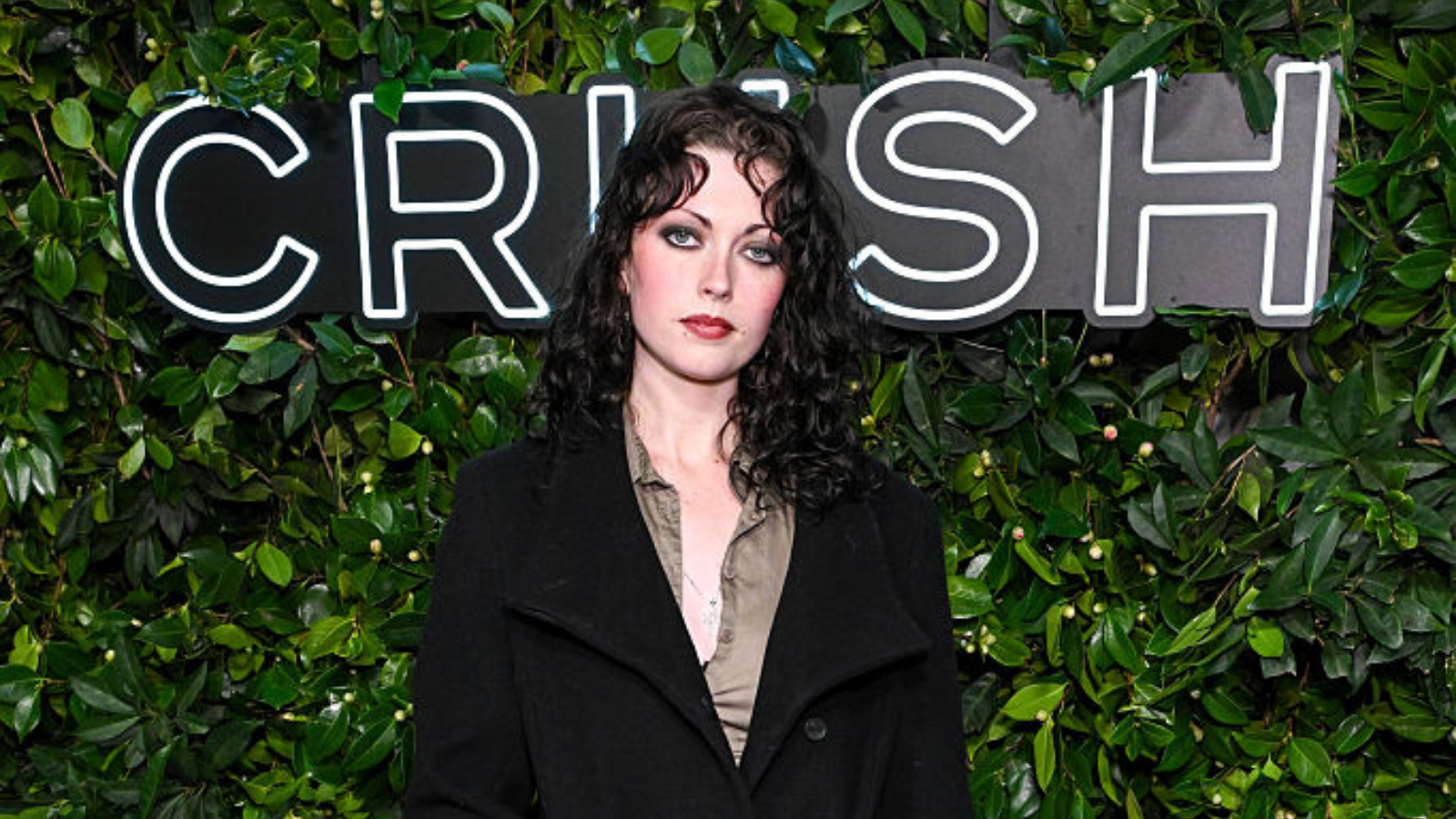You can trust Louder
Bowie’s on sale again. And this time it’s Hunky Dory; or rather An Alternative Journey Through Hunky Dory (everything’s a ‘journey’ nowadays). And just as The Beatles’ career is posthumously revisited, remixed and rejigged, so David Bowie’s back catalogue looks set to be endlessly revisited, in a seemingly endless series of little boxes.
Unlike the Beatles ones – in which not enough demos are trickled down and too many new mixes are delivered – the Bowie boxes have been curated almost from a fan’s point of view. Yes, there are alternative mixes, but these are not excessive in number or degree. Yes, there are repeats, but only because full sessions and so on are now included. Divine Symmetry for once does what it promises to do, which is track Bowie’s progression in one extraordinary year.
From demos of Hunky Dory material and other songs (including King Of The City, a fantastic song, previously unknown to most people) to BBC sessions and concerts (the full John Peel concert with Bowie and friends, including Mick Ronson and Dana Gillespie, is here, in both mono and stereo), this is a comprehensive trawl through 1971 – and an extraordinary one.
Gone is everything from the proto-metal apocalypse of The Man Who Sold The World bar The Supermen; now there are piano ballads, acoustic musings and a lot of Biff Rose. This Bowie is a singer-songwriter, and he’s about to be very good at it. What’s also fascinating is how little the songs change as each new element – the studio, the band – is added. Bowie’s ideas almost always seemed to arrive fully formed.
This collection shows both the arrival of the new and the lingering of the old: shades of the arts lab persist in the commune approach of the Peel concert, while songs like Looking For A Friend and How Lucky You Are (also known as Miss Peculiar) suggest avenues never taken. It’s the second live concert included here that shows the future.
Recorded at Friars, Aylesbury on September 25, 1971, it begins with the present: Bowie and Ronson acoustic; Bowie nervous and oversharing; opening with two Biff Rose songs; apologising for doing Space Oddity (“One of mine that we get over with as soon as possible”); and then bringing on the Spiders From Mars for a set that’s half piano and half rock and ends with Waiting For The Man, a song by the anti-Biff Rose Lou Reed. The audience go wild, and the seeds of Ziggy and the Bowie avalanche of 1972 are sown. But for now it’s the dawn of Hunky Dory, and Bowie’s latest and greatest future has begun.
Sign up below to get the latest from Classic Rock, plus exclusive special offers, direct to your inbox!
David Quantick is an English novelist, comedy writer and critic, who has worked as a journalist and screenwriter. A former staff writer for the music magazine NME, his writing credits have included On the Hour, Blue Jam, TV Burp and Veep; for the latter of these he won an Emmy in 2015.


